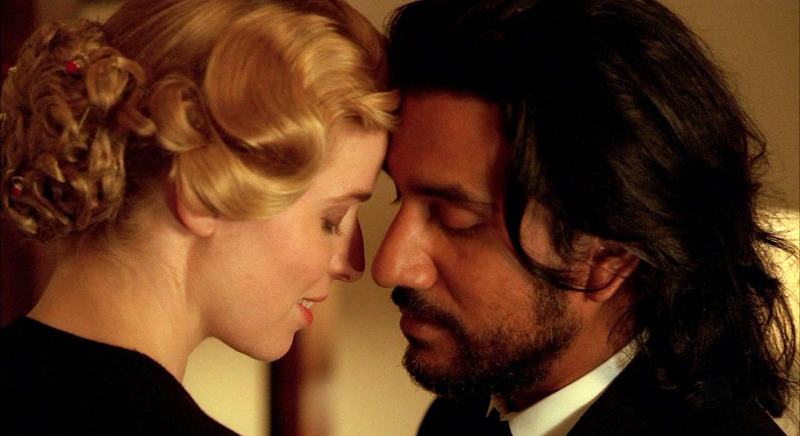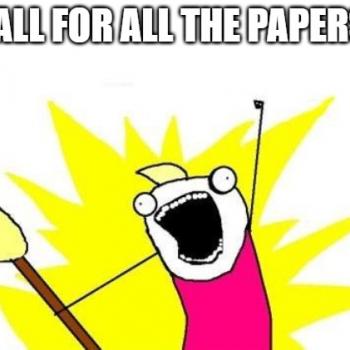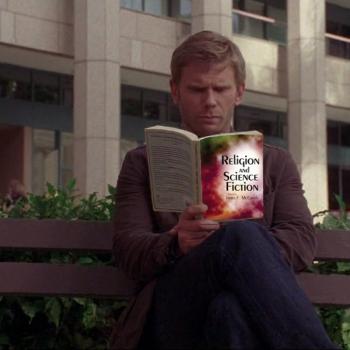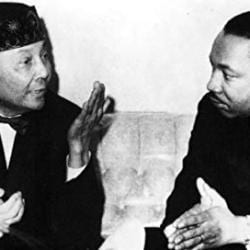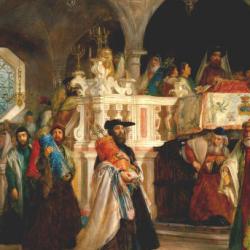The episode opens with Sayid praying. In flashes forward, we see Sayid working as a hitman for someone we will later learn is Ben Linus. That is interesting, because in another scene in this episode, earlier on the island, Sayid says that the day he starts trusting Ben is the day he sells his soul. In another flash forward, Sayid arranges to meet a woman named Elsa, and has a relationship with her. He is trying to get to her employer, who claims to be but is not an economist. They eventually shoot each other, and Elsa dies. Sayid goes to get his bullet wound treated, and that is when we learn that he is working for Ben. Ben emphasizes that the people he is having Sayid kill do not deserve his sympathy, and that doing this protects his friends.
Locke reaches the ash circle where the cabin was, but the cabin itself is not there. When they get to the barracks, they pretend to leave Hurley gagged and tied up in the closet. Sayid, Kate, and Miles find him. In Ben’s house, Sayid notices a copy of the Holy Qur’an on a shelf, then finds a secret room behind the bookshelf. It has lots of clothing, luggage, many different types of currency, and different nationality passports for Ben with various names. Then Locke and the others come out of hiding and take them prisoner. Sawyer tells Kate that he isn’t looking to leave the island, as there is nothing back there for him.
Dan does an experiment in which Regina on the freighter sends a payload to his signal beacon. She detects it reaching him, but it doesn’t until later, indicating a temporal anomaly. Dan emphasizes to Frank Lapidus the importance of staying on the exact bearing they came in on. Frank flies Sayid, Desmond, and Naomi’s body to the freighter.
I wonder why the Qur’an was used in this episode. Was it to hint at the possibility that Sayid, a Muslim, is being guided by God to make the discovery that he does? The most interesting substantive element is not such a religious object, but the struggles Sayid faces as he is supposedly caught between caring for his friends and caring for Elsa, between being religious and killing for what may or may not be justifiable reasons. These kinds of choices are necessitated not by human existence itself, but by the conflicts we create as we seek our own self-interest. Sayid is no less a pawn of others on LOST than John Locke is. And if pawns ever do come to take on a more important role, they tend to replicate the approach of those who previously used them.
